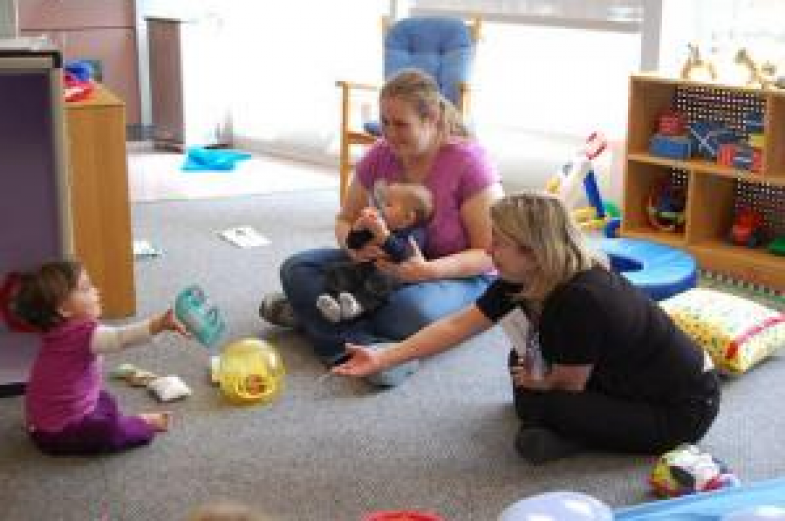You are likely one of the unsung heroes of modern life—part of a massive commons-based mobilization of people who keep our society and economy running.
I am talking about parents raising kids, friends and family helping out parents, people caring for their aged relatives and neighbors; volunteers doing what needs to be done in the community, and anyone looking out for the common good.
.
“In our economic system, to go uncounted is to be undervalued,” notes University of Massachusetts economics professor Nancy Folbre. “We have inherited an accounting system that measures the productivity of work by its rate of market pay. This accounting system ignores the value of unpaid work and understates the value of paid work that is partly motivated by affection or obligation.”
Putting a monetary value on all this caregiving work is impossible, she says, but even orthodox economists know that without it things would fall apart almost immediately.
“Instead of chattering on about the new economy or the high-tech sector,” Folbre says, “we should address problems in the care sector of our economy. This sector includes the unpaid labor provided within families and communities as well as the underpaid work of child care, elder care, nursing, and teaching.”
This work is disproportionately provided by women, which partly explains why it is undervalued. Even paid work requiring skills in nurturing and caring for people—arguably the most important jobs in our society—offers significantly lower wages than comparable positions that involve the same level of education, work experience, and personal characteristics.
That’s why employee turnover rates at child care centers and elder care programs are 40 percent per year. Why many dedicated teachers leave the classroom after a few years to seek better paying, less demanding work. Why there is growing concern that a generation of nurses is about to retire with fewer young people following them into a profession that has become increasingly stressful.
And these problems will only get worse with the steep cutbacks in social services and education as government at all levels struggle with budget deficit in a political climate when tax increases are off the table. Adding insult to injury, many people employed in this kind of work are now dismissed as “wasteful spending” by tea party and libertarian advocates.
Caregiving—like other aspects of the commons—can be used up, depleted, exhausted. Until now we have assumed that our resources for caregiving are limitless because we pay little or nothing for them. But there is a price. As Folbre notes: “If we don’t figure out how to reward care better—and to share it more equally—we are likely to see its bounty decline.”


